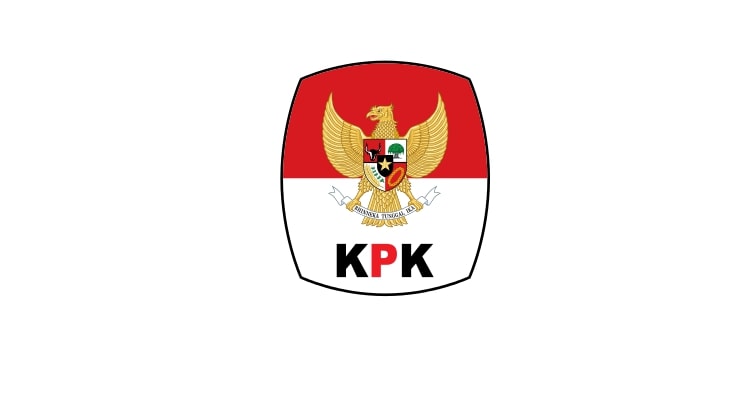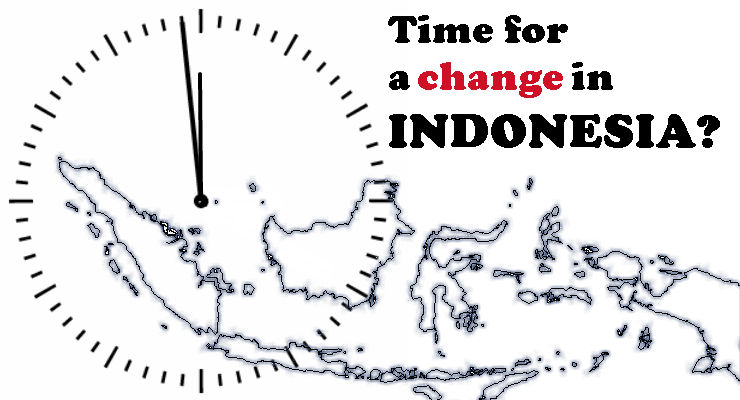
Indonesia’s independent Corruption Eradication Commission, known as the KPK, has named 41 local councilors from the east Java city of Malang as suspects in a major bribery scandal, leaving just four in office. Feared and hated by many elites in a country notorious for systemic corruption, the commission took on the case at a time when it is under political attack and potentially at risk of being curtailed by proposed wide-ranging changes to the criminal code.
Twenty-one members of the Malang city council have been arrested, accused of accepting bribes of between $850 and $3,350 from former mayor Mochamad Anton as incentive to accept the local government’s 2015 budget. With suspects paraded before the media in distinctive orange jail vests, the case epitomizes the KPK’s aggressive approach to fighting graft.
Given around half of the cases investigated by the KPK involve bribery, it also epitomizes the nature of local corruption in Indonesia, which has proliferated with the political decentralization of the country since 1998.
“Bribery is almost always part of the whole scheme, people giving money to people in order to get some privilege,” said Professor Hendi Yogi Prabowo, director of the Center for Forensic Accounting Studies in Yogyakarta. “It’s just the way things are done in the regions.”
After Suharto
The KPK was founded in 2002, four years after longtime leader Suharto stepped down, paving the way for democratic transition. Suharto’s 31 years in power were characterized by rampant cronyism and corruption, to the extent he was once named by Forbes as the world’s most corrupt leader of all time for embezzling an estimated $15-$35 billion throughout his reign.
“Of course, if they are proven to have engaged in corruption, they will all go to jail,” said Almas Sjafrina, an activist from Indonesia Corruption Watch (ICW) of the Malang case, noting that it would not be the first time a large portion of an Indonesian council has been jailed simultaneously. Since its inception, the KPK has investigated hundreds of public officials and boasts a near-100 percent conviction rate.
The commission’s anti-corruption work is widely popular. A 2017 poll showed 86 percent of respondents said they trust the KPK. Those sentiments are boosted by actions like the one earlier this year, when the institution bagged its most high-profile conviction yet with the jailing of former house speaker Setya Novanto for his role in embezzling an estimated $170 million from an initiative to distribute electronic identity cards for Indonesian citizens.
Powerful targets, powerful enemies
But targeting powerful people has made the KPK some dangerous enemies. KPK commissioner Novel Baswedan, who was attacked with acid while investigating the identity card case, told TIME last year from his hospital bed in Singapore that “Whenever we decide to fight for the people, for the many, the result is we’ll be opposed, we’ll be attacked.”
Despite the KPK’s ongoing success in bringing corrupt officials to justice, corruption persists and continues to permeate much of Indonesia’s political system, bureaucracy and the courts. The country was ranked 96th on Transparency International’s Corruption Perceptions Index for 2017, well below its regional neighbors of Malaysia, Singapore and Brunei.
“There is currently a huge gap in terms of how corruption is being handled by the KPK and other institutions with the reality in the field,” said Kanti Pertiwi, a lecturer at the University of Indonesia and an Honorary Fellow in the Department of Management at the University of Melbourne who has researched and written on corruption.
Those who engage in graft in Indonesia perceive that “corruption gets things done,” Kanti told VOA. She said low public servant salaries and a flawed political campaign financing system both encourage corruption by public officials.
Changes to criminal code
In recent years the KPK has faced regular public criticism from prominent parliamentarians, as well as crippling budget cuts, which critics say are politically motivated. The deputy speaker of Indonesian parliament, Fahri Hamzah, has been a consistent detractor of the KPK’s methods, last year declaring it a “big slander machine” and “like a Hollywood film,” as quoted by Kompas.
Controversial proposed changes to Indonesia’s national criminal code could further restrict the ability of the KPK to investigate and prosecute those engaging in financial crime. A civil society coalition known as the National Alliance for Criminal Code Reform said in April that the legal changes would “significantly undermine corruption eradication efforts.”
The KPK has criticized several articles in the initial draft of the new criminal code, which include lighter penalties for “extraordinary” offenses such as human rights abuses or corruption, leading President Joko Widodo to request a review back in July.
“There needs to be a larger commitment” from government in fighting corruption both at the national and local level, said Sjafrina of ICW. “A fundamental problem is the political party financing system. This requires urgent reform.”
But Hendi believes Indonesia’s existing laws are adequate for fighting corruption and instead blames the KPK’s insufficient resources and low public awareness.
“Anti-corruption is not just about prosecution, but other areas such as education,” he said. “It should be a multidimensional approach to solving the corruption problem in Indonesia.”

Leave a Reply